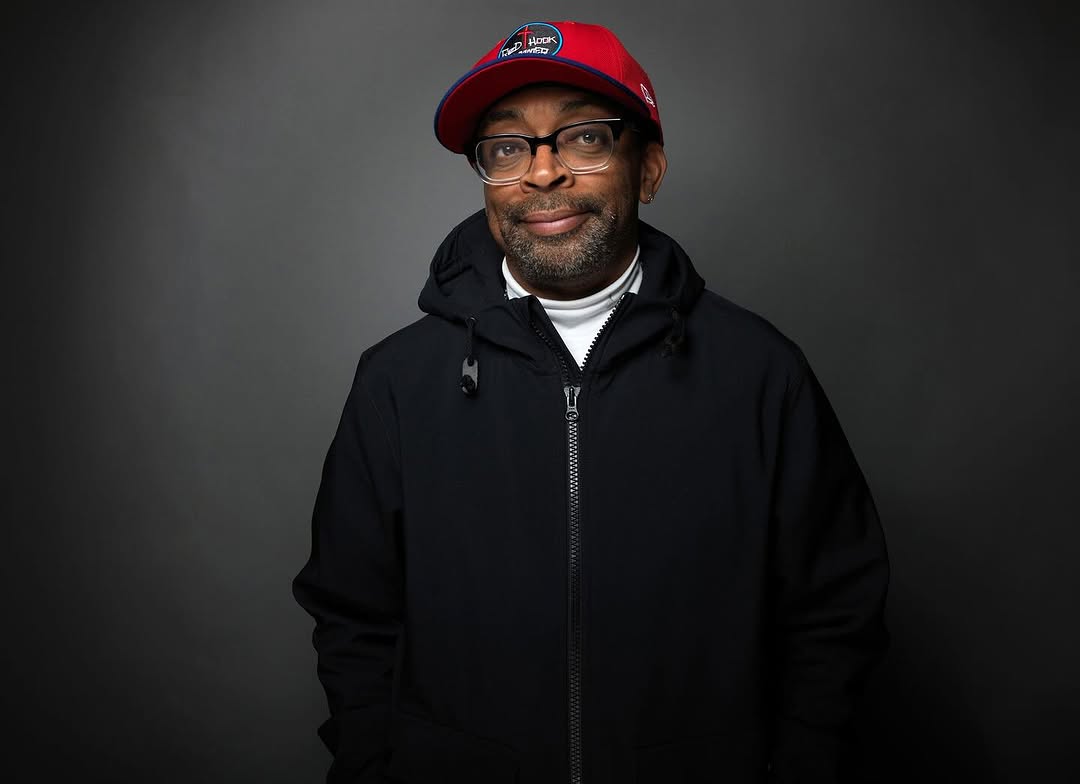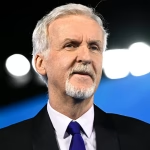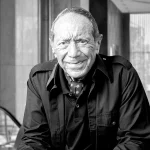Spike Lee: The Storyteller Who Turned Cinema Into Social Critique
Spike Lee is one of the most influential American filmmakers of the last half-century — a director, producer, educator, and cultural commentator who has used cinema not simply to entertain audiences, but to challenge what society is willing to see and discuss. From Do the Right Thing to Malcolm X, his work has shaped conversations about race, power, identity, and the American experience. And he has done so with a distinct visual language and entrepreneurial independence that continue to set him apart in Hollywood.
From Atlanta to Brooklyn: The Making of a Cultural Voice
Born Shelton Jackson Lee in 1957, Spike Lee grew up in a household grounded in creativity and social awareness. His mother was an arts teacher, and his father a jazz musician — influences that ripple through his soundtracks, performances, and camera rhythms. By the time Lee graduated from NYU’s Tisch School of the Arts, he had already developed the force of perspective that would define his career.
Unlike many filmmakers who start within major studios, Lee built his own production house, 40 Acres & a Mule Filmworks, giving him a rare level of creative control early on. This approach made him not only a director, but a business leader in an industry where few Black filmmakers could dictate the terms of their work. For executives and entrepreneurs, his early choices remain a case study in how ownership can change the impact, reach, and integrity of creative output.
A Film Career Built on Uncomfortable Truths
Lee’s catalogue covers an unusually wide thematic range, but his signature focus lies in portraying America’s most volatile realities — not with abstraction, but with close-up personal detail. Films like Do the Right Thing captured the energy and tension of late-1980s Brooklyn in a way that critics later described as predictive. Malcolm X brought the civil-rights struggle to new cinematic scale, and Inside Man proved he could deliver commercial success without compromising artistic principles.
His visual trademarks — bold colors, music-driven pacing, and characters gliding forward against static backgrounds — are instantly recognisable. But what truly cements his status is his commitment to telling stories that make audiences shift in their seats. Lee never set out to be comfortable. He set out to be consequential.
A Headline-Making Meeting: Spike Lee, Trump and Mamdani
Lee has never limited his influence to the screen. In early 2025, he again captured public attention after meeting with political scientist Amin Mamdani in a discussion related to former U.S. President Donald Trump, as reported by The Independent. The development surprised many political observers, largely because Lee is known as a progressive voice unafraid to challenge conservative figures, including Trump himself.
However, viewed through the lens of leadership strategy, the meeting is less contradictory than it may appear. Lee has always engaged with political systems directly — not to align, but to push, question, and pressure. He believes cultural influencers have a responsibility to shape policy conversations, even when the rooms they enter are uncomfortable. For business leaders and public figures who often walk tightropes between values and influence, the moment is instructive: sometimes advancing a message means speaking where the audience is least likely to agree.
Conflict With Clint Eastwood: When Storytelling Meets Historical Disagreement
Lee’s willingness to speak publicly about artistic responsibility has not always been quiet. One of the most famous industry confrontations occurred in 2008, when Lee criticised Clint Eastwood over the absence of Black soldiers in Eastwood’s World War II films. Eastwood replied telling Lee to “shut his face,” and Lee shot back, “We’re not on a plantation either.”
Although heated, the exchange reflects a deeper debate about who gets to frame history. Lee has long argued that representation is not cosmetic — it shapes collective memory. Eastwood, meanwhile, defended his artistic autonomy. The argument was eventually softened after intervention from Steven Spielberg, but it remains one of Hollywood’s lasting reminders that cinema is not just entertainment; it is historical authorship. For audiences and business leaders, it reinforces an increasingly relevant truth: narratives have power, and those who control them shape understanding.
What Is Spike Lee’s Most Successful Film?
While Do the Right Thing is often considered his cultural milestone, Lee’s biggest commercial success remains Inside Man, the 2006 heist thriller starring Denzel Washington, Jodie Foster and Clive Owen. Its performance demonstrated that he could deliver mainstream hits while retaining creative identity. For a filmmaker known for politically charged stories, Inside Man proved that artistic credibility and commercial success do not need to be opposites.
Does Spike Lee Believe in God?
Spike Lee is far less outspoken on religion than he is on racial equity and political identity. He rarely discusses structured faith in interviews, and he has not aligned himself strongly with any particular doctrine. What emerges instead is a filmmaker who expresses belief through ethics — the belief that injustice requires human intervention, that community responsibility matters, and that society changes only when individuals act. In Lee’s work, morality is often human, not metaphysical. He presents characters facing systems rather than divine judgment, suggesting that accountability begins among people before it reaches anywhere else.
Why Spike Lee Still Matters — Especially Now
Spike Lee remains relevant not because of longevity, but because of consistency. He has spent decades making films that invite debate rather than closing it. His recent political attention only reinforces that he sees himself not as a passive storyteller, but as a participant in culture and policy.
For business readers, his legacy offers several timeless insights:
Creative leadership can be values-driven and commercially successful.
Lee built a production empire while telling stories major studios once avoided.
Cultural influence expands when leaders enter uncomfortable rooms.
His meeting connected to Trump is not an endorsement — it’s an example of engaging where influence can shift perception.
Narratives matter in business as much as in cinema.
Whether a brand, film, or political campaign, the storyteller shapes how audiences remember reality.
Conclusion: A Filmmaker Who Never Stopped Asking America to Look at Itself
Spike Lee stands as a director who treats cinema as civic duty. For some, he is confrontational; for others, liberating. But across more than three decades, he has remained unwavering in one belief: that truth, even when uncomfortable, is worth putting on screen.
In a moment when leaders across industries are being asked to define their values openly, Spike Lee’s career reminds us that influence is not only about what a person creates — but the conversations they are willing to start.













